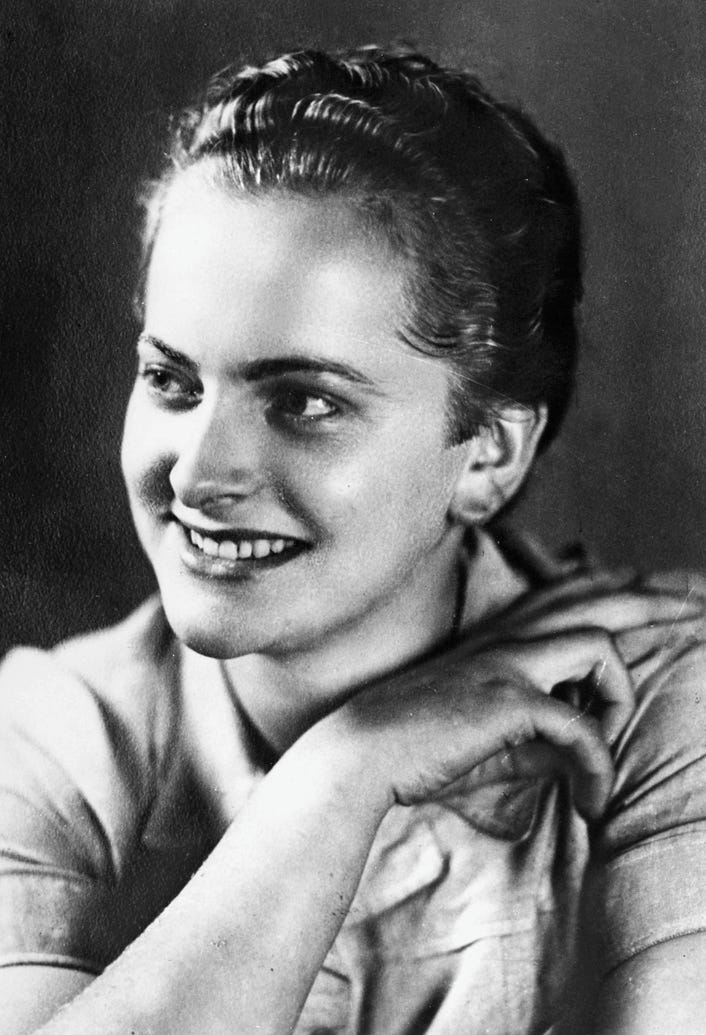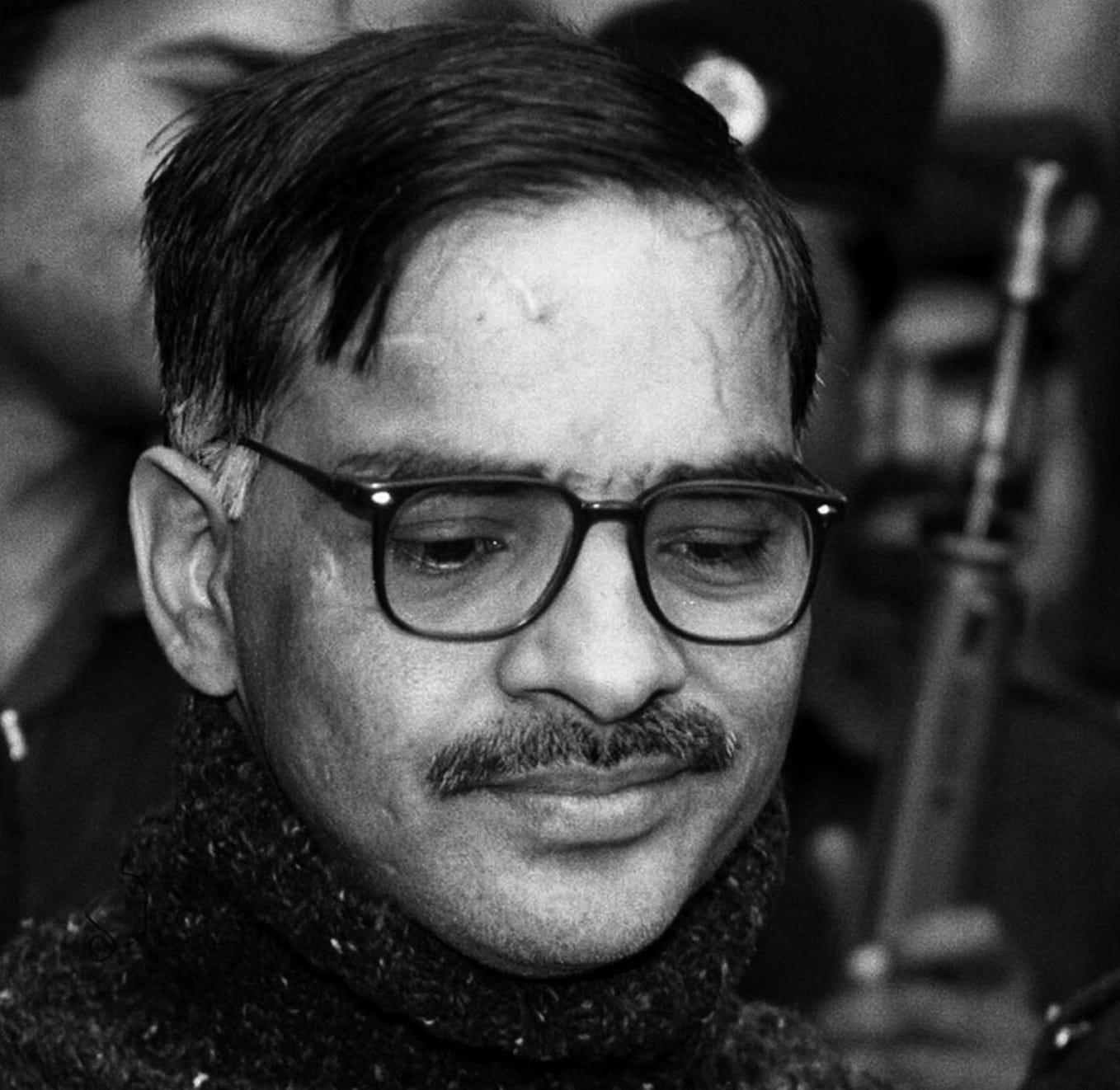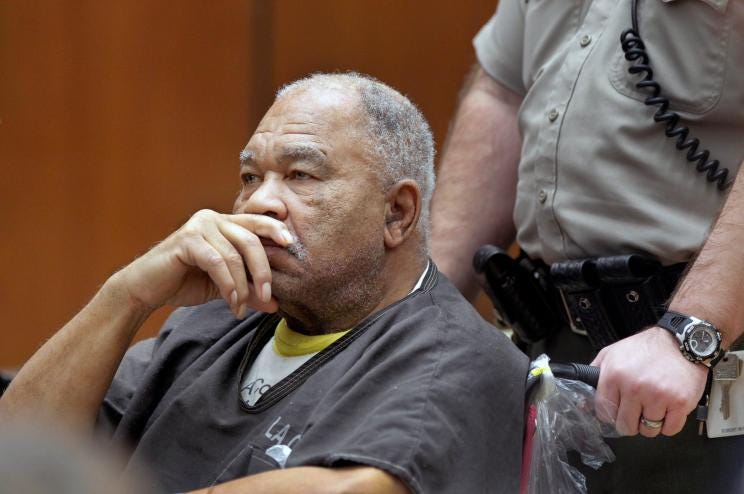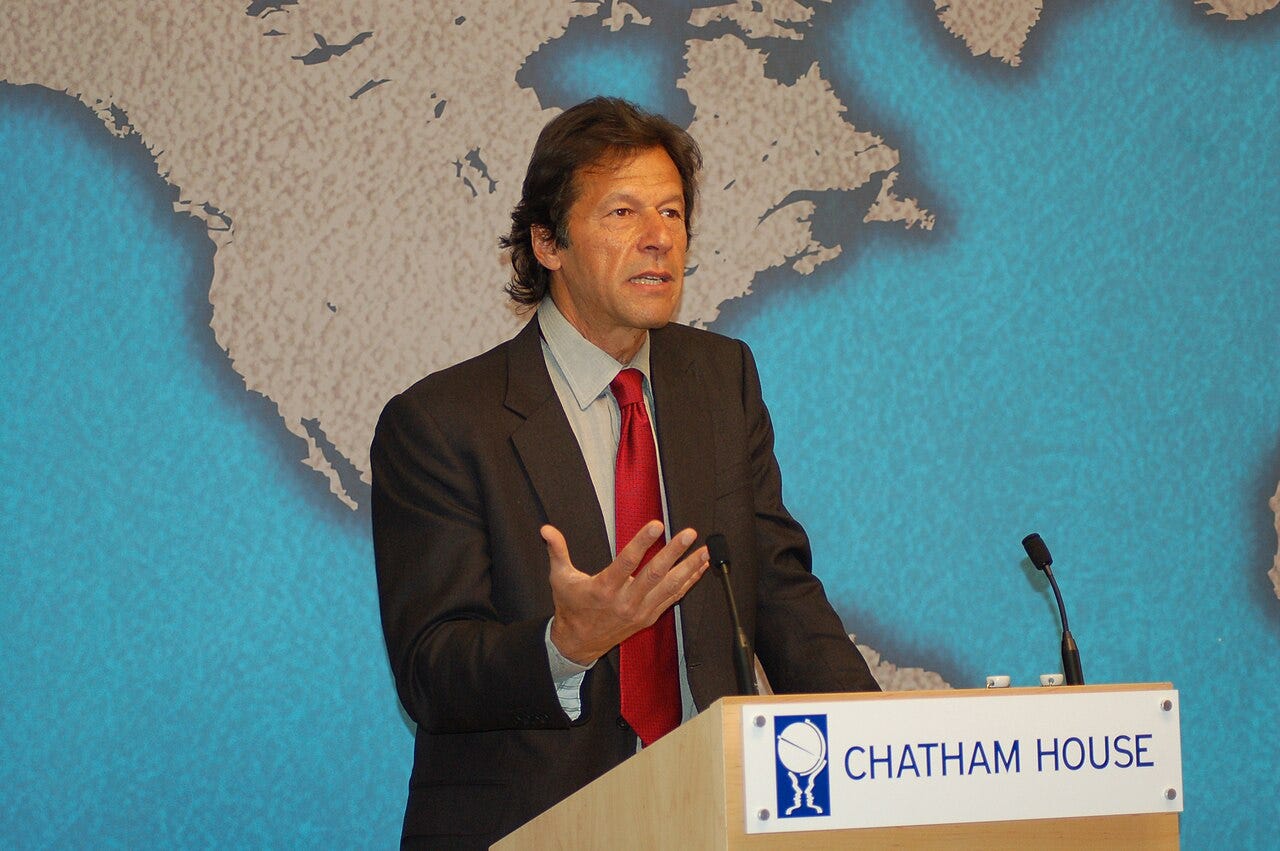Georg-Hans Reinhardt: The Strategic Brilliance Behind Military Triumphs
Warfare has often been described as a complex dance of strategy, tactics, and leadership, where the fate of nations hangs in the balance. Throughout history, military commanders have risen to the occasion, demonstrating exceptional strategic thinking and tactical acumen. Among them, the name Georg-Hans Reinhardt stands out as a brilliant strategist whose contributions to World War II are etched into the annals of military history.
Early Life and Military Background
Born on March 1, 1887, in Offenburg, Germany, Georg-Hans Reinhardt’s journey to becoming a distinguished military leader began in his early years. He joined the Imperial German Army as a young officer, laying the foundation for his future successes on the battlefield. Reinhardt’s experiences during World War I shaped his understanding of warfare, and his dedication to continuous learning propelled him up the ranks.
Innovative Tactics and Strategies
Reinhardt’s greatest accomplishments came during World War II, where his strategic brilliance became evident. He displayed a deep understanding of combined arms operations, integrating infantry, artillery, tanks, and air support into cohesive and devastating assaults. His ability to adapt his strategies to the ever-changing conditions of the battlefield allowed him to achieve remarkable successes.
One of Reinhardt’s notable achievements was his leadership in the Battle of Kiev in 1941. As commander of the 6th Army, he orchestrated a massive encirclement of Soviet forces, resulting in the capture of over 600,000 enemy soldiers. This victory showcased Reinhardt’s mastery of maneuver warfare and his skill in exploiting the weaknesses of his adversaries.
The Eastern Front and Challenges Faced
Reinhardt’s career was largely associated with the Eastern Front, where he faced the brutal realities of warfare against the Soviet Union. His ability to maintain discipline and morale among his troops in such harsh conditions demonstrated his leadership qualities. Despite the challenges posed by the vastness of the Eastern Front and the Soviet’s formidable resistance, Reinhardt’s tactical innovations helped the German forces achieve several victories.
Legacy and Impact
Georg-Hans Reinhardt’s legacy lives on as a testament to his strategic brilliance and military leadership. His contributions to the art of warfare have left an indelible mark on the study of military strategy and tactics. His emphasis on combined arms tactics, mobility, and adaptability influenced future generations of military commanders.
Reinhardt’s career also sheds light on the moral complexities faced by military leaders during times of war. While he was undoubtedly a skilled tactician, his association with Nazi Germany raises ethical questions. Separating his strategic achievements from the larger political context of his time is a challenge that historians and military scholars continue to grapple with.
Conclusion
Georg-Hans Reinhardt’s life and military career exemplify the intricacies of leadership, strategy, and the multifaceted nature of warfare. His innovative tactics, combined arms expertise, and ability to adapt to changing circumstances solidify his place as one of history’s notable military commanders. While his legacy is not without controversy, his contributions to the field of military strategy remain undeniable, inspiring future leaders to study and learn from his successes and challenges alike.









